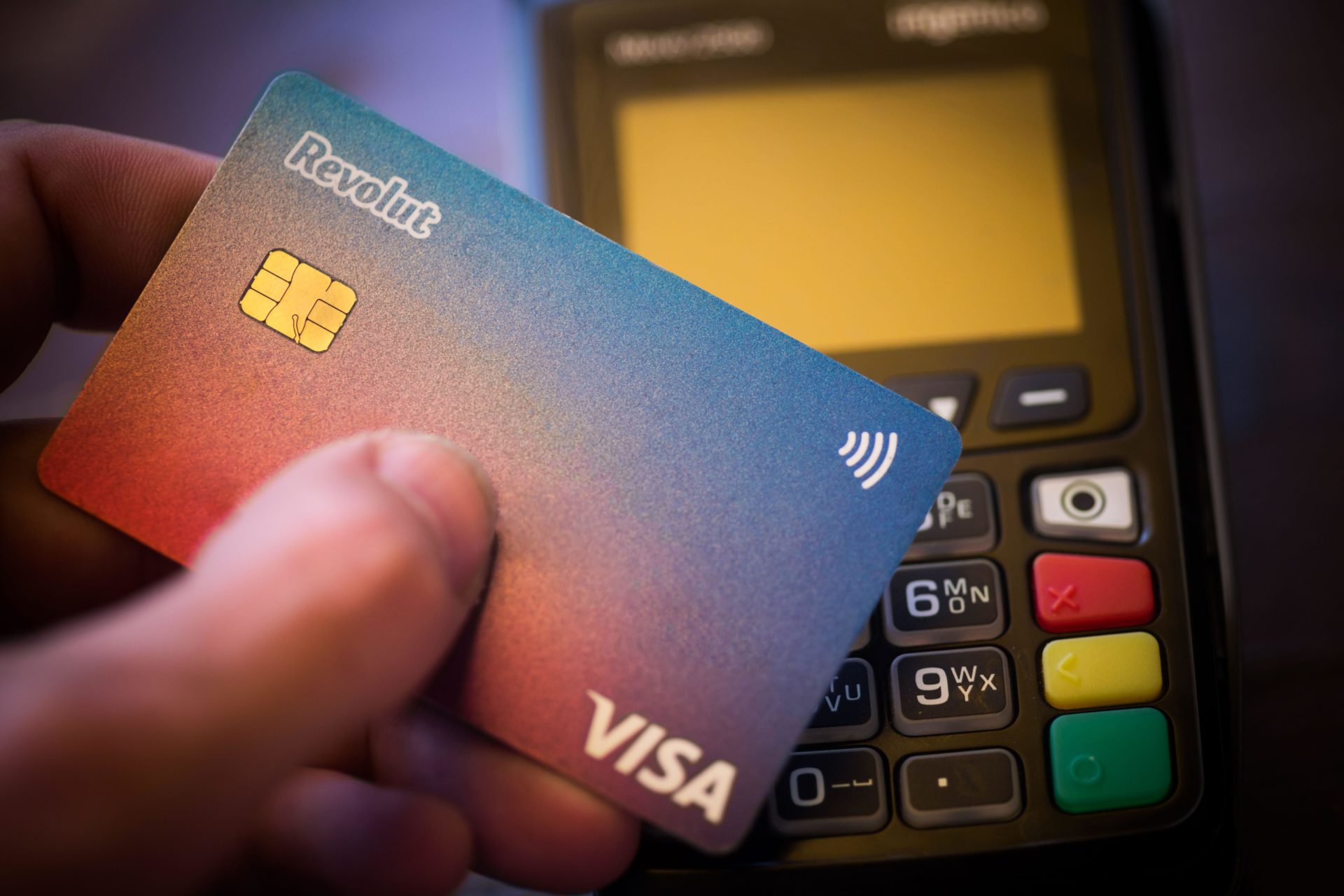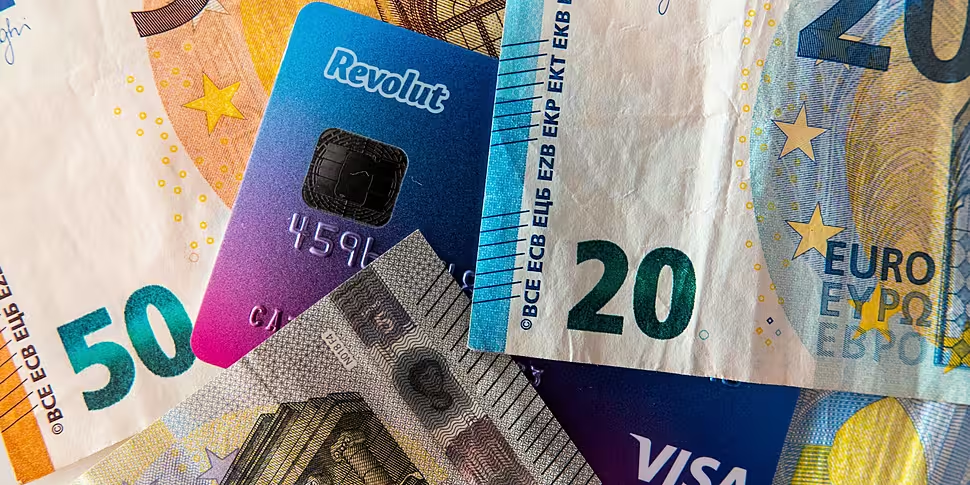People spent less money when cash was the only available method of payment, according to the head of Behavioural Economics at the Economic and Social Research Institute (ESRI).
Pete Lunn offered some advice on how to manage personal budgets ahead of tomorrow’s national Budget 2024.
He told The Hard Shoulder “mental budgeting” is the best way to save.
“What you do is you have different pots of money that you assigned to different purposes,” he said.
“Throughout history, that's the way humans have tended to budget... quite literally, people would have different pots for different money.”
Digital money
He said this form of budgeting has been lost somewhat in the “digital world”.
“People are much more approximate about how much they're spending versus how much they know they have,” he said.
“An interesting finding from behavioural economics is back in the days when we had cash, people actually spent less euro for euro when they were handing over cash than when that tapped a plastic card.
“Controlled experiments have been done where you put people in spending environments, and you give them plastic to spend on and you give them equivalent amount of cash
“They will spend less with the cash... there's something about the kind of physical act of handing over the money makes people somewhat more cautious.”
 Regular Revolut card. Credit: Panther Media GmbH / Alamy
Regular Revolut card. Credit: Panther Media GmbH / AlamyMr Lunn recommended people create digital bank accounts that will automatically put money in to save money, such as vaults on Revolut.
“You might put €200 or €300 in it, and that’s your spending account for the week,” he said.
“This isn't your main current account - this is one of the separate digital accounts that's designed as a good app to track it.”
He said putting money into separate “pots” in digital banking apps is an approved method among economists.
“As you load money onto those prepaid cards, you notice when it runs out,” he said.
“It gives you an idea of how much is in that pot in a mental account.”
Listen back here:









